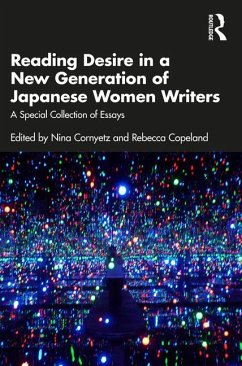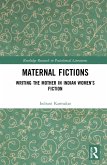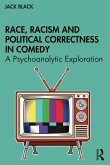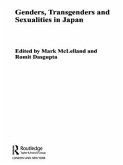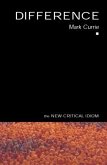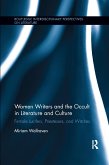This book explores desire through the work of a new generation of Japanese women writers, in response to the increased attention these writers have received following the release of their work in the English language.
The contributions explore a wide range of theoretical approaches and psychoanalytic interpretations to "reading" a new generation of Japanese women writers' relationships to identity, sex/gender, and desire. Through dealing with female spaces, maternal roles, gendered bodies, or resistant speech acts, the book uncovers the overarching theme of desire - desire for language, touch, and recognition. Focusing on authors who have previously been underrepresented in English-language scholarship, the book highlights the diverse nature and the important synergies of writing by women in the last few decades.
Addressing experimental and nonconforming authors whose works challenge gender and culture expectation as well as Orientalist myths, this will be a valuable resource for students and scholars of Asian literature, Japanese culture, and Asian studies.
The contributions explore a wide range of theoretical approaches and psychoanalytic interpretations to "reading" a new generation of Japanese women writers' relationships to identity, sex/gender, and desire. Through dealing with female spaces, maternal roles, gendered bodies, or resistant speech acts, the book uncovers the overarching theme of desire - desire for language, touch, and recognition. Focusing on authors who have previously been underrepresented in English-language scholarship, the book highlights the diverse nature and the important synergies of writing by women in the last few decades.
Addressing experimental and nonconforming authors whose works challenge gender and culture expectation as well as Orientalist myths, this will be a valuable resource for students and scholars of Asian literature, Japanese culture, and Asian studies.

